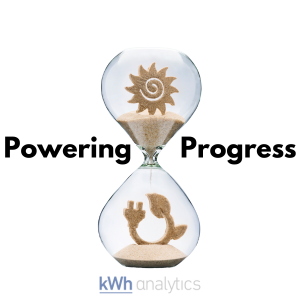By Jason Kaminsky, CEO of kWh Analytics
“AI will change the world” is a refrain we hear so often that it’s almost lost meaning. The reality for insurance, however, is more practical: the industry is beginning to find focused applications for artificial intelligence that can genuinely shape how we assess risk. An AI underwriter will never replace a human one in specialty lines of business, but targeted solutions can transform how we work.
From experience, the most successful implementations aren’t the flashiest. They’re the ones solving specific, tangible problems: processing unstructured data from submissions and operating reports, identifying correlations between multiple documents or datasets, and monitoring capacity in real-time.
The real power of AI in insurance is not about replacing human judgment, but about augmenting it by helping underwriters make better decisions. Our capacity management system provides real-time insights into risk aggregation across portfolios, helping us make quick calls on capacity allocations. We use generative AI tools to help us process and analyze unstructured datasets to feed our data science models, and separately to help our underwriters evaluate submissions more thoroughly and quickly. It is all intended to provide a better client experience while at the same time leading to better underwriting results.
What excites me most is where this technology is heading. We're starting to see AI tackle more complex challenges, such as combining multiple data sources for better natural catastrophe modeling, spotting patterns in operational data that humans might miss, and even predicting maintenance issues before they become claims. For renewable energy insurance, where projects are getting larger and more complex every year, these capabilities are becoming essential for maintaining underwriting standards.
However, we should maintain perspective on AI’s limitations. Renewables offer several unique challenges to automation: non-standardized data formats, complex site-specific factors, and rapidly evolving technology require nuanced understanding. AI’s true value comes from using it as a smart assistant - letting it handle the heavy lifting of data processing while allowing experienced underwriters to focus on decision-making.
Success in this rapidly evolving space requires finding the right balance between technological capability and human expertise. The most successful insurers won't be those with the most advanced AI, but those who effectively integrate these tools while maintaining strong risk management fundamentals. With renewable energy insurance growing 20-30% annually, this integration is becoming crucial for managing both volume and complexity while maintaining disciplined risk assessment.

